Americans owe over $1.48 trillion in student loan debt, spread out among about 44 million borrowers. Recent estimates put that at about $620 billion more than the total U.S. credit card debt. The average Class of 2016 graduate has $37,172 in student loan debt, up six percent from the previous year.
As you may already know, it it can be very difficult to discharge any student loan debt in a bankruptcy proceeding. I always review that as an option for my clients with student loan debts. But you generally have to have a disability or some other condition that makes it very difficult for you to earn income before you can discharge any student loan debts in bankruptcy (at least in the Minnesota District - standards vary in other bankruptcy Districts in the U.S.).
So what can you do if you are overwhelmed with student loan debt?
Repayment Options
Currently, the Department of Education offers four income-driven repayment plans to borrowers who qualify.
1. Income-Based Repayment (IBR)
To qualify for IBR, your prospective payments must be lower than they’d be on the Standard Repayment Plan. You also must demonstrate financial need based on your income. If your student loan debt is higher than your annual discretionary income or is a significant portion of your annual income, you should qualify. Payments are generally 10 to 15 percent of your discretionary income with a 20-25 year repayment period (depending on when you first took the loans).*
Eligible loans include Direct Loans, Direct PLUS Loans made to graduate students, Federal Stafford Loans, and some Family Education Loans. Older Perkins loans might also be considered.
The advantage to IBR is that is lowers your monthly payments and your loans will be eligible for forgiveness if you still have a balance at the end of the repayment period.
2. Pay As You Earn (PAYE)
Pay As You Earn plans also require that your prospective payments be lower than they would be on the Standard Repayment Plan. But they can offer better terms that IBR, with payments closer to 10 percent of your discretionary income, and forgiveness of remaining principal after 20 years of payments.
The catch is you must be a relatively new borrower. Your first loan must have originated no earlier than October 1, 2007, and you must have received a disbursement of a Direct Loan on or after October 1, 2011.
3. Revised Pay As You Earn (RPAYE)
RPAYE is the newest type of repayment plan; it became available on December 1, 2015. As the name suggests, RPAYE is similar to Pay As You Earn plans, with two key differences: (1) you can qualify even if your first loan was before October 1, 2007, and (2) there is a "financial need" test under PAYE that you do not need to satisfy to qualify for RPAYE. Thus, RPAYE will be available to more borrowers.
RPAYE repayment terms are normally 10 percent of discretionary income for 20-25 years (the 25-year term is primarily for those with graduate or professional student loans). And your spouse's income is taken into consideration to determine what you can afford to pay.
4. Income-Contingent Repayment (ICR)
Like RPAYE, Income-Contingent Repayment plans do not have an income eligibility requirement. ICR plans can also include some parental loans if they were consolidated.
Normally, ICR plans have the broadest scope. If you do not qualify for one of the other repayment plans, you might still qualify for ICR. But the repayment terms are not as good: generally 20 percent of discretionary income with a 25 year term. Also, there are some stricter loan forgiveness rules under ICR.
Which Plan Is Right For You, IF ANY?
You can start with the tools available at StudentLoans.gov (look for the "Repayment & Consolidation" tab). Some things to consider before starting a plan: (1) the kinds of loans you have must fit within the eligible categories, (2) you might end up having to pay taxes on the forgiven amount at the end of the plan - assuming current tax laws do not change before then, and (3) you might end up paying more in interest than you would if you kept making the standard payment amount.
But if you qualify for a repayment plan, it can often make a very difficult situation much more manageable.
*In general, your "discretionary income" under any repayment plan referenced in this article is equal to the difference between your annual income and 100% of the federal poverty guideline for your family size and State of residence.
Image credit: InvestmentZen




